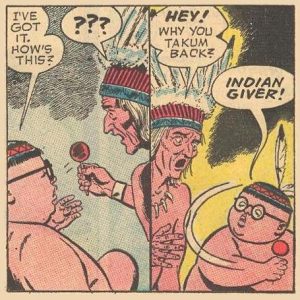
The U.S. House of Representatives has weighed in on a high-stakes legal battle over whether the federal government owes health insurance companies billions of dollars under an Affordable Care Act program designed to encourage participation in the public exchanges. It isn’t siding with the insurers.
Government Doesn’t Owe Health Insurers: House to Court
A lower-court judge ruled that the ACA public exchange plan issuer agreements were not binding contracts. (Photo: Diego M. Radzinschi/ALM)
The U.S. House of Representatives has weighed in on a high-stakes legal battle over whether the federal government owes health insurance companies billions of dollars under an Affordable Care Act program designed to encourage participation in the public exchanges. It isn’t siding with the insurers.
The governmental body on Monday asked for permission from the U.S. Court of Appeals for the Federal Circuit to file an amicus brief urging affirmance of a lower court ruling in a case involving failed Chicago-based health insurer Land of Lincoln Mutual Health Insurance Co.
(Related: Federal Court Keeps Carrier’s ACA Claim Alive)
Land of Lincoln Mutual, a nonprofit, member-owned Consumer Operated and Oriented Program carrier, last June accused the U.S. Department of Health and Human Services of failing to make good on its obligation to pay more than $75 million under the ACA risk corridors program.
RELATED Judge Rejects North Carolina Blue’s $130M ACA Program Claim
The new risk corridors ruling conflicts with the Moda Health and Health Republic of Oregon rulings.
The ACA provision that created the program calls for the program to offset losses of struggling insurers that sell coverage through the public exchange system with funds collected from more profitable exchange plan issuers.
“The House has a strong interest in affirmance of the judgment below, which is necessary to vindicate one of Congress’s core constitutional powers—the power of the purse,” the motion states. The accompanying amicus brief is shielded from public view on PACER, the federal court document database system.
In his ruling rejecting Land of Lincoln Mutual’s claim, Judge Charles Lettow of the U.S. Court of Federal Claims last November concluded that ACA public exchange issuer agreements describe how HHS thought the risk corridors program would work, but he said the agreements are not binding contracts. HHS officials, and the laws and rules governing the risk corridors program, have not provided any express intent on behalf of the government to enter into contracts with the exchange plan issuers, Lettow said.
The Program
The ACA risk corridors program was established during the Obama administration to persuade insurers — who were worried about potential losses they might suffer from insuring previously uninsured Americans — to sell coverage through the exchange system. The idea was to use money from insurers that did well on the exchanges in 2014, 2015 and 2016 to help insurers that did poorly.
In October 2015, however, HHS officials announced that the program had only taken in enough cash from exchange plan insurers that did well in 2014 and 2015 to pay about 16% of the amounts owed to the struggling insurers for 2014. The program did not pay out anything to struggling insurers for 2015.
“Congress has repeatedly legislated to prohibit the expenditure of any additional funds beyond user fees collected under the program,” according to the House’s motion. “This unambiguous statutory record precludes the recognition of any judicially enforceable obligation to make risk corridors payments in excess of receipts.”
Several other health insurance carriers have filed similar suits seeking risk corridors payments, with varying success. Many are among the 15 amici who filed briefs in support of Land of Lincoln Mutual in the pending appellate case.
— Read HHS Promised Full Risk Corridors Payments, Insurers Say on ThinkAdvisor.

